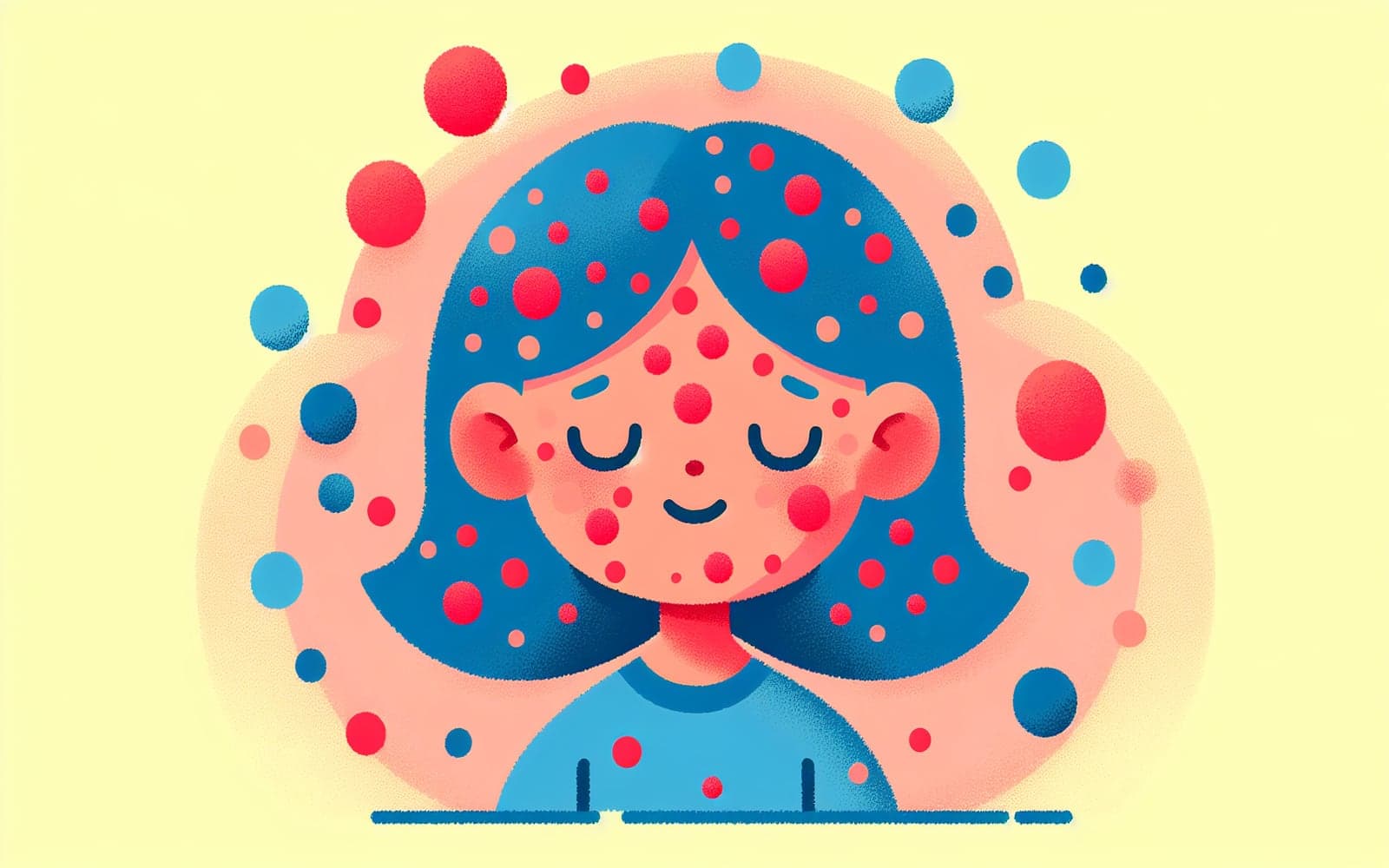What Are the Telltale Signs of Chickenpox?
What Are the Telltale Signs of Chickenpox?
What's This About?
Chickenpox is more than just an itchy rash. Recognizing its symptoms early can help in managing the condition effectively and preventing further spread.
Contents
- Early Symptoms to Watch For
- The Rash Evolution
- Complications to Be Aware Of
Early Symptoms to Watch For
Chickenpox often starts with flu-like symptoms such as fever, fatigue, and loss of appetite. These initial signs can be misleading as they resemble many other viral infections. However, these symptoms are typically followed by the appearance of the characteristic rash, making it easier to identify.
The Rash Evolution
The distinctive chickenpox rash generally appears 1 to 2 days after the early symptoms. It starts as small red spots that quickly evolve into fluid-filled blisters. These blisters appear in waves and can cover most of the body, including the face and extremities, before crusting over and healing.

Complications to Be Aware Of
While the rash is the most well-known symptom, chickenpox can lead to serious complications, particularly in high-risk individuals. These include bacterial skin infections, pneumonia, and in rare cases, neurological issues like encephalitis. Vigilance for these complications is crucial, especially in vulnerable populations.
FAQs
What are the first signs of chickenpox?
Fever, fatigue, and loss of appetite often precede the rash.
How does the chickenpox rash progress?
It starts as red spots, develops into blisters, and then crusts over.
Are there complications from chickenpox?
Yes, including skin infections and pneumonia, especially in high-risk groups.
How long does the rash last?
The rash typically lasts about 5 to 7 days before healing.
Wrapping Up
Early recognition of chickenpox symptoms can aid in timely management and care.
Additional References
- Straus SE, Ostrove JM, Inchauspé G, et al. NIH conference. Varicella-zoster virus infections. Ann Intern Med 1988; 108:221.
- Centers for Disease Control and Prevention (CDC). Recommended childhood immunization schedule--United States, January-June 1996. MMWR Morb Mortal Wkly Rep 1996; 44:940.
This article has been reviewed for accuracy by one of the licensed medical doctors working for Doctronic.











